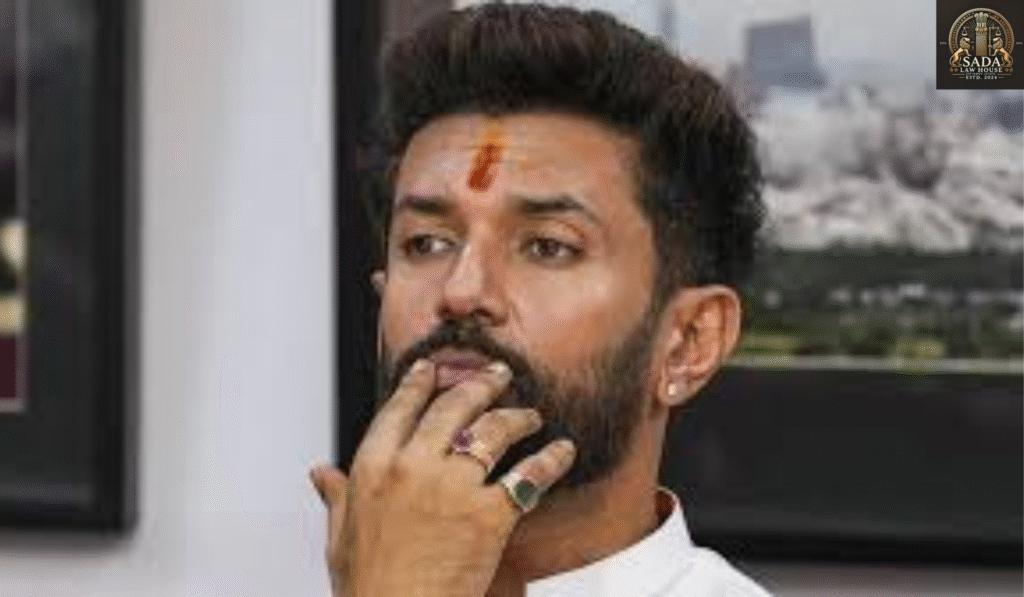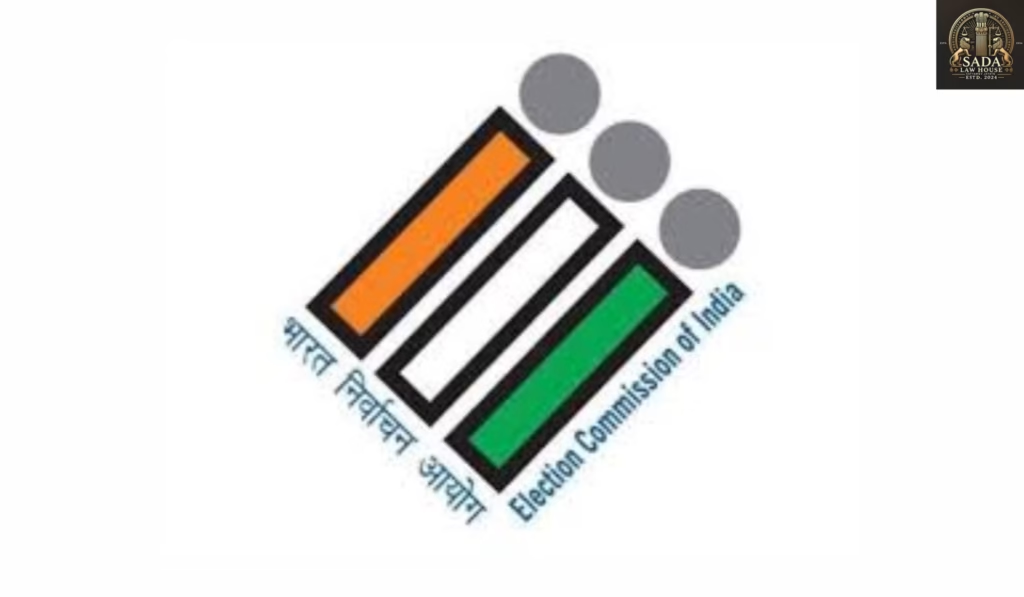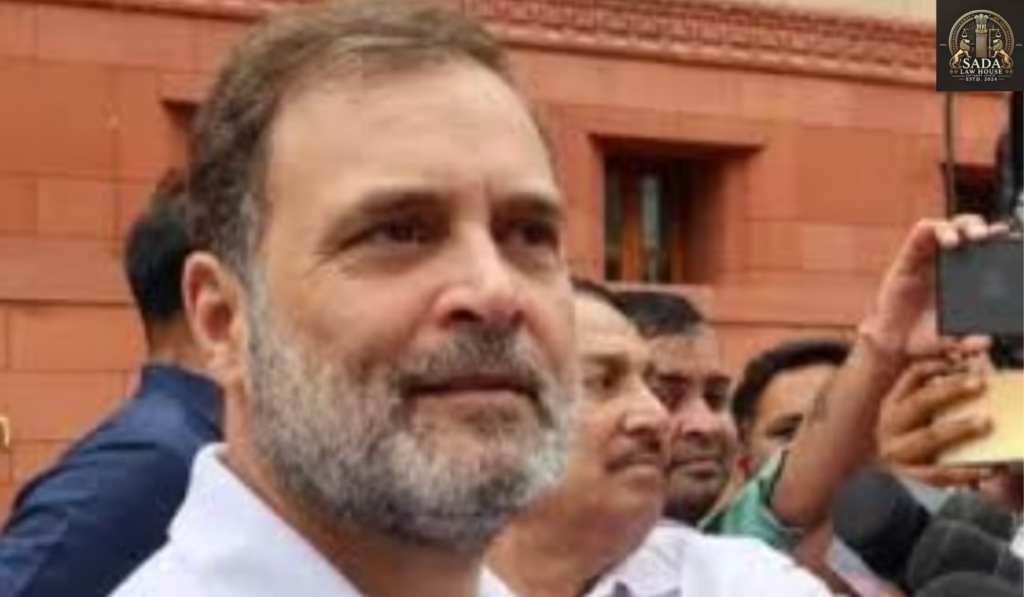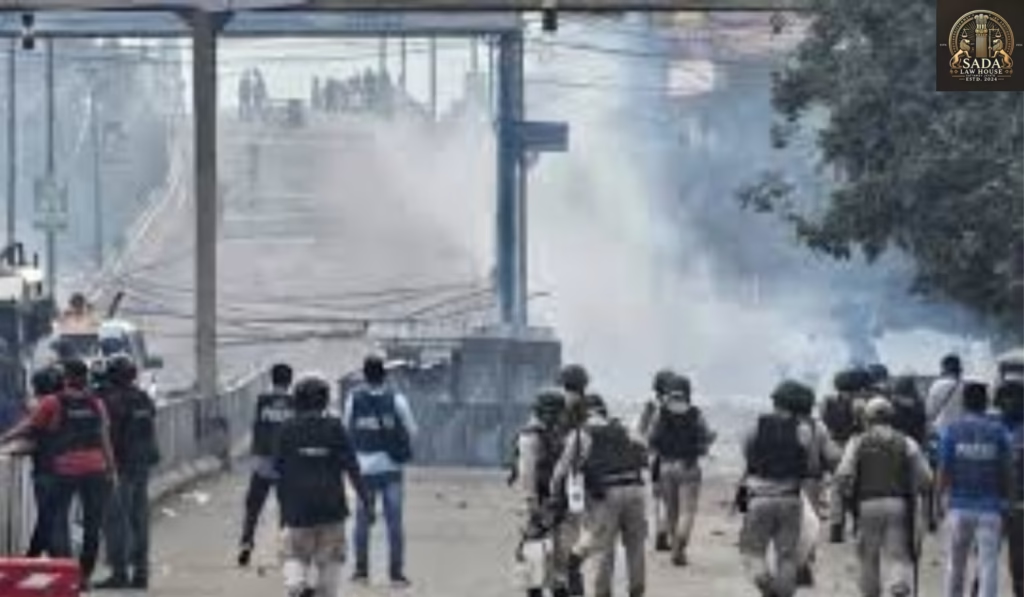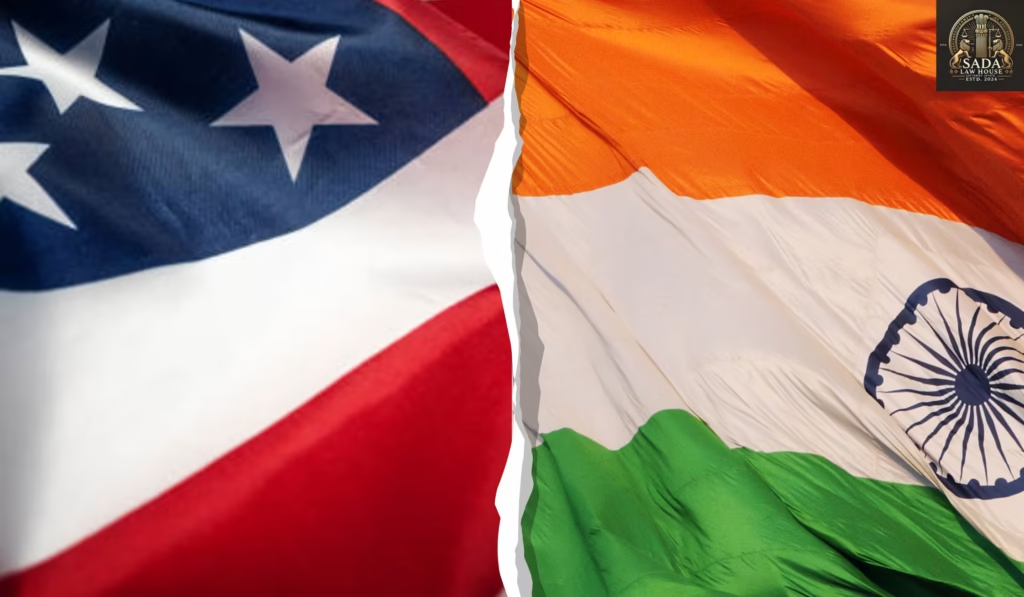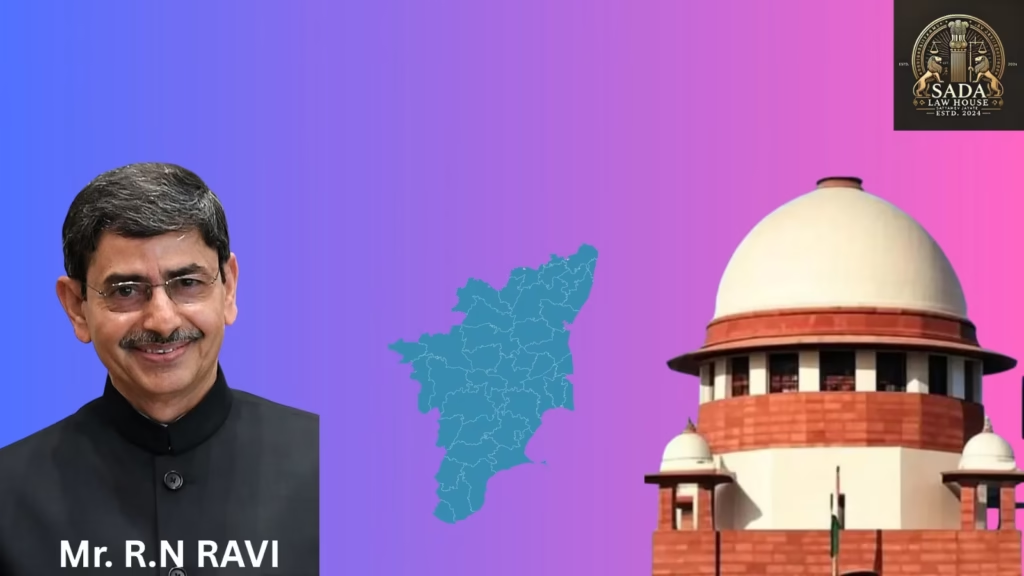Chirag Paswan’s LJP-R Joins NDA Strategy Meeting Ahead of Bihar Assembly Elections
Trending Today Chirag Paswan’s LJP-R Joins NDA Strategy Meeting Ahead of Bihar Assembly Elections Election Commission of India Delists 334 Unrecognised Political Parties Across the Country JOB OPPORTUNITY AT DENTONS LINK LEGAL, MUMBAI JOB OPPORTUNITY AT MZM LEGAL LLP, MUMBAI INTERNSHIP OPPORTUNITY AT THE YUVACRACY CENTRE FOR POLICY RESEARCH JOB OPPORTUNITY AT LAW OFFICE OF AARUSHI S. DESAI, AHMEDABAD LEGAL JOB OPPORTUNITY AT LEAD INDIA INDIA Bloc Strategy Meeting Held at Rahul Gandhi’s Residence LEGAL JOB OPPORTUNITY AT GEETANSH NAGPAL LAW CHAMBERS India–US Trade Talks Collapse Over Agriculture Disputes Chirag Paswan’s LJP-R Joins NDA Strategy Meeting Ahead of Bihar Assembly Elections Shristi singh 10 AUG 2025 Lok Janshakti Party (Ram Vilas) chief Chirag Paswan attended a key National Democratic Alliance strategy meet in Patna ahead of the 2025 Bihar elections, discussing seat-sharing, campaign themes, and voter outreach plans. Introduction In a strong display of coalition unity, Lok Janshakti Party (Ram Vilas) (LJP-R) president Chirag Paswan joined the National Democratic Alliance (NDA) leadership for a high-level strategy meeting in Patna on August 9, 2025.The session marked the NDA’s first coordinated planning meet for the upcoming Bihar Legislative Assembly election and focused on seat-sharing arrangements, campaign messaging, and voter outreach strategies to counter the opposition’s INDIA bloc. Scene at the Venue The closed-door meeting was held in a private conference hall near Bailey Road, Patna, under heavy Bihar Police security.The saffron flags of the Bharatiya Janata Party (BJP) flew alongside LJP-R’s tricolour-with-wheel emblem, setting a symbolic stage for unity.Notable arrivals included: Samrat Choudhary, BJP Bihar president Nityanand Rai, Union Minister of State for Home Affairs Chirag Paswan, in his signature blazer-and-jeans look Inside, digital displays showcased constituency-level voter data while traditional litti-chokha and chai were served — blending modern analytics with Bihar’s cultural roots. Political Context The NDA in Bihar currently includes: Bharatiya Janata Party (BJP) Lok Janshakti Party (Ram Vilas) Hindustani Awam Morcha, led by former CM Jitan Ram Manjhi Earlier this year, Nitish Kumar and his Janata Dal (United) rejoined the INDIA bloc, intensifying the political battle.Paswan’s LJP-R gained leverage after winning five Lok Sabha seats in the 2024 general election without a formal alliance, strengthening his bargaining power. Key Discussion Points Seat-Sharing FormulaEarly negotiations suggested: BJP: ~160 of 243 seats LJP-R: 50–55 seats HAM: 10–12 seatsFinal numbers will depend on winnability data. Campaign NarrativeThe NDA will likely focus on “development with stability,” highlighting: PM Awas Yojana Free ration schemes Infrastructure and welfare initiatives Youth and Women OutreachInspired by models in the Northeast India, plans include: Sports events Skill training camps Women’s self-help group meetings Paswan also stressed targeted outreach to urban Dalit voters, many of whom will be first-time assembly poll participants. Statements from Leaders Chirag Paswan: “We are united in purpose and clear in our goal — a stable, development-oriented government for Bihar. Seat-sharing will be fair and merit-based.” Samrat Choudhary: “This is not just about numbers; it’s about chemistry. The NDA will go to the people as one team.” Jitan Ram Manjhi: Emphasised rural development and the need to prevent opposition misinformation. Opposition Response The Rashtriya Janata Dal (RJD) dismissed the meeting as “optics without substance.”Spokesperson Shakti Yadav accused NDA allies of private disputes.Former Deputy CM Tejashwi Yadav criticised the NDA on social media, suggesting opportunistic outreach to Dalit voters. Expert Opinions Dr. Abhay Kumar (Patna-based political analyst): “Chirag’s early inclusion is a calculated move to avoid public rifts, which can be damaging in Bihar politics.” Rajen Sharma (Guwahati journalist): “This mirrors coalition strategies in Arunachal and Manipur, where early consensus prevented last-minute seat-sharing disputes.” Public Sentiment Kankarbagh, Patna: Locals welcomed unity but demanded job creation as a priority. Hajipur (Paswan’s base): Supporters viewed him as a young leader who could align with Narendra Modi’s vision for Bihar’s progress. Looking Ahead The NDA will hold district-level coordination meetings later this month. A joint rally featuring PM Modi and Chirag Paswan is expected in September at Gandhi Maidan, Patna, likely serving as the formal campaign launch.The focus remains on resolving seat-sharing early to prevent internal conflicts. Conclusion This NDA strategy meet marks a shift toward early, inclusive election planning in Bihar, placing Chirag Paswan at the centre of the campaign. Whether this unity withstands the pressures of negotiations and ground-level politics will define the NDA’s chances against a revitalised opposition. Leave a Reply Cancel Reply Logged in as Sadalaw. Edit your profile. Log out? Required fields are marked * Message* Live Cases Chirag Paswan’s LJP-R Joins NDA Strategy Meeting Ahead of Bihar Assembly Elections Sadalaw • August 10, 2025 • Live cases • No Comments Election Commission of India Delists 334 Unrecognised Political Parties Across the Country Sadalaw • August 10, 2025 • Live cases • No Comments INDIA Bloc Strategy Meeting Held at Rahul Gandhi’s Residence Sadalaw • August 9, 2025 • Live cases • No Comments 1 2 3 … 5 Next »
Chirag Paswan’s LJP-R Joins NDA Strategy Meeting Ahead of Bihar Assembly Elections Read More »

